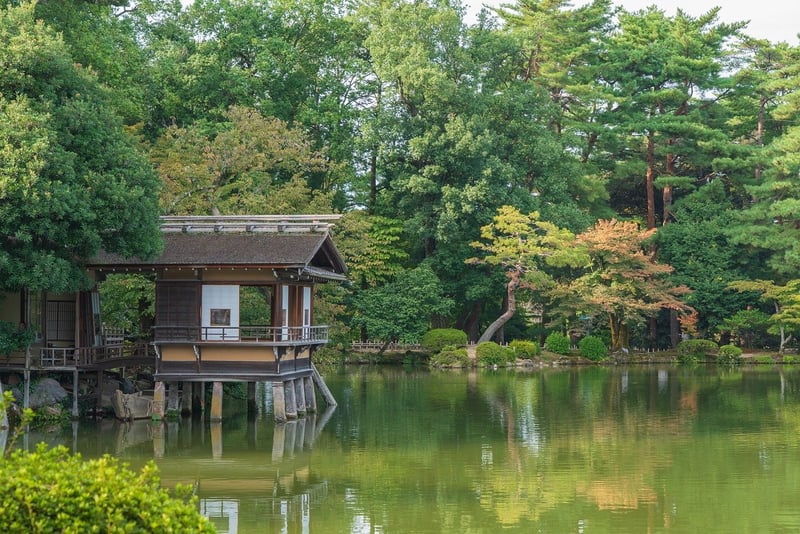Japanese Maples
Choosing Plants for Zen Gardens + Japanese Maples
Introduction to Zen Gardens
Zen gardens, also known as Japanese rock gardens or dry landscape gardens, are designed to evoke tranquility and simplicity. These gardens typically consist of sand, gravel, rocks, and carefully placed plants that symbolize nature. Choosing the right plants for your Zen garden is essential to create a harmonious and peaceful space.
Plants for Zen Gardens
When selecting plants for your Zen garden, opt for ones that have a calming effect and complement the overall aesthetic. Here are some plants commonly used in Zen gardens:
- Japanese Maple (Acer palmatum): Japanese maples are prized for their vibrant foliage and elegant structure. They can add a pop of color and a sense of refinement to your Zen garden.
- Bamboo (Bambusoideae): Bamboo symbolizes strength, flexibility, and resilience. It is a staple in Japanese gardens and can create a soothing rustling sound in the wind.
- Moss (Bryophyta): Moss is a traditional element in Zen gardens, representing age, simplicity, and a connection to nature. It thrives in shady, moist areas.
- Japanese Black Pine (Pinus thunbergii): This pine tree is known for its twisted branches and dark green needles, adding a sense of drama and contrast to the garden.
Japanese Maples in Zen Gardens
Japanese maples are particularly popular in Zen gardens for their striking foliage colors, which range from vibrant reds to delicate greens. Their delicate leaves create a sense of tranquility and can serve as focal points in the garden design.
Key Considerations for Japanese Maples:
- Leaf Color: Choose a Japanese maple variety with a leaf color that complements the overall color scheme of your Zen garden.
- Size and Shape: Consider the mature size and growth habit of the Japanese maple to ensure it fits harmoniously within the garden layout.
- Light Requirements: Japanese maples thrive in partial shade to protect their leaves from scorching. Position them in a location that receives dappled sunlight.
- Soil Conditions: Ensure well-draining soil for Japanese maples to prevent waterlogging, which can lead to root rot.
Conclusion
Integrating plants like Japanese maples into your Zen garden can enhance its beauty and serene ambiance. By carefully selecting plants that align with the principles of Zen aesthetics, you can create a space that promotes mindfulness and tranquility.

Explore the timeless beauty of Japanese maples and other plants to transform your Zen garden into a peaceful sanctuary.
